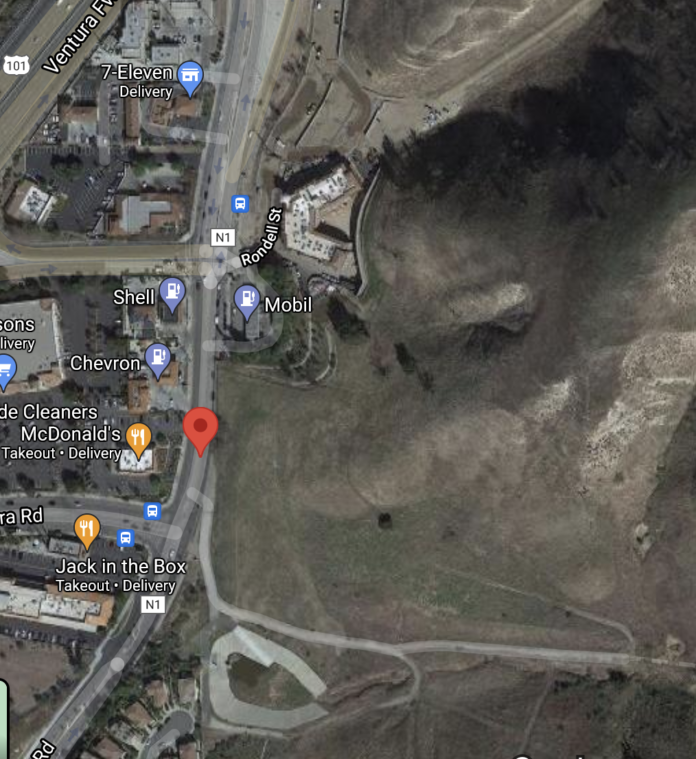The Building Industry Association of Southern California (BIASC) says it has filed litigation against the City of Calabasas for what it says is a recent violation of California’s Housing Accountability Act.
In a statement, BIASC says The New Home Company (TNHC), a local builder, proposed development of a 77-acre vacant property located at 4790 Las Virgenes Rd.
The association says the proposed project included:
- 180 condominium/townhouse housing units, with 18 units (10%) restricted to be affordable to very low-income families, within fifteen 3-story buildings;
- a 5,867 sq. ft., commercial retail center within two 1-story buildings;
- a 0.36 acre community green space (park);
- two storm water detention/debris basins;
- a public trail dedication; and
- dedication of 66.0 acres (86% of the site) as permanent open space. The city’s own General Plan Housing Element identified the project site for 180 units of critical housing to meet the city’s state housing mandate.
- This proposal was the result of a seven-year process where TNHC worked in good faith with the City to fulfill the City General Plan vision for the site.
“This project (known as the West Village Housing Project) would replace an underutilized site with 180 new homes, including 18 affordable units (10% of total project footprint) reserved for very-low income housing. Every new unit of housing in the County is necessary and this project was to be a great benefit to the region,” BIASC asserts.
As is well documented, California is facing one of the most drastic housing shortages in the nation. A recent University of Southern California Report estimates that by 2025, the State needs 1.1 million units of housing to fill this gap and the Southern California Association of Governments estimates that, without being caught up on the backlog, the LA Metro area needs 1.4 million units of housing by 2029. The City of Calabasas, alone, will be responsible for providing 354 new housing units by 2029 as projected by the Regional Housing Needs Assessment (RHNA) allocation numbers.
The city’s denial of the West Village Housing project represents a repudiation of its own General Plan and a public policy failure. Invoking State law is necessary as a measure of last resort to rectify their misstep. Per the State Department of Housing and Community Development, the “Housing Accountability Act (HAA), Government Code section 65589.5, establishes limitations to a local government’s ability to deny, reduce the density of, or make infeasible housing development projects … that are consistent with objective local development standards and contribute to meeting housing need.”
Denial of the West Village Project violates the standards set in state law by the HAA. Government Code, § 65589.5, subdivision (k)(1)(A) and (k)(2) provides that housing organizations may bring action to enforce the HAA if they have filed written or oral comments with the local government during a project’s consideration. BIASC did both, the organization asserts.
BIASC is a “housing organization” as defined by state law in that it is “a trade or industry group engaged in the construction or management of housing units or a nonprofit organization whose mission includes providing or advocating for increased access to housing for low-income households.” Since BIASC meets this standard, BIASC is “entitled to reasonable attorney fees and costs when prevailing in an action.”
“Litigation is a last resort but the housing crisis in California is deepening every day, and when cities deny housing projects like this one – projects that were featured in their own general plan housing elements — we fall that much further behind and fail our fellow Californians who are seeking homes,” Diana Coronado, vice-president of BAISC’s Los Angeles/Ventura Chapter, said in a statement.
“This project was within the allowable guidelines of the City’s recent General Plan updates, as well as the city’s current Housing Element study. A denial here removes certainty and confidence in the government process thereby creating a chilling effect that prevents other housing opportunities from being proposed. This is a core reason why our housing crisis is escalating in California. We can’t continue to let this happen unchallenged,” said BIASC Chief Executive Officer Jeff Montejano.














